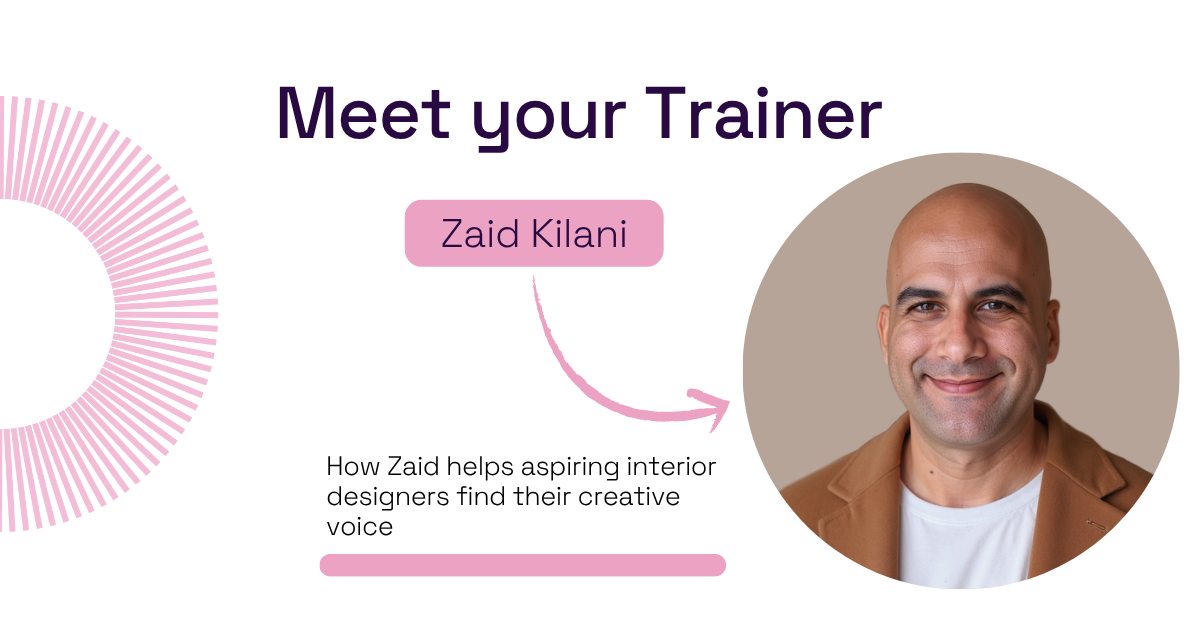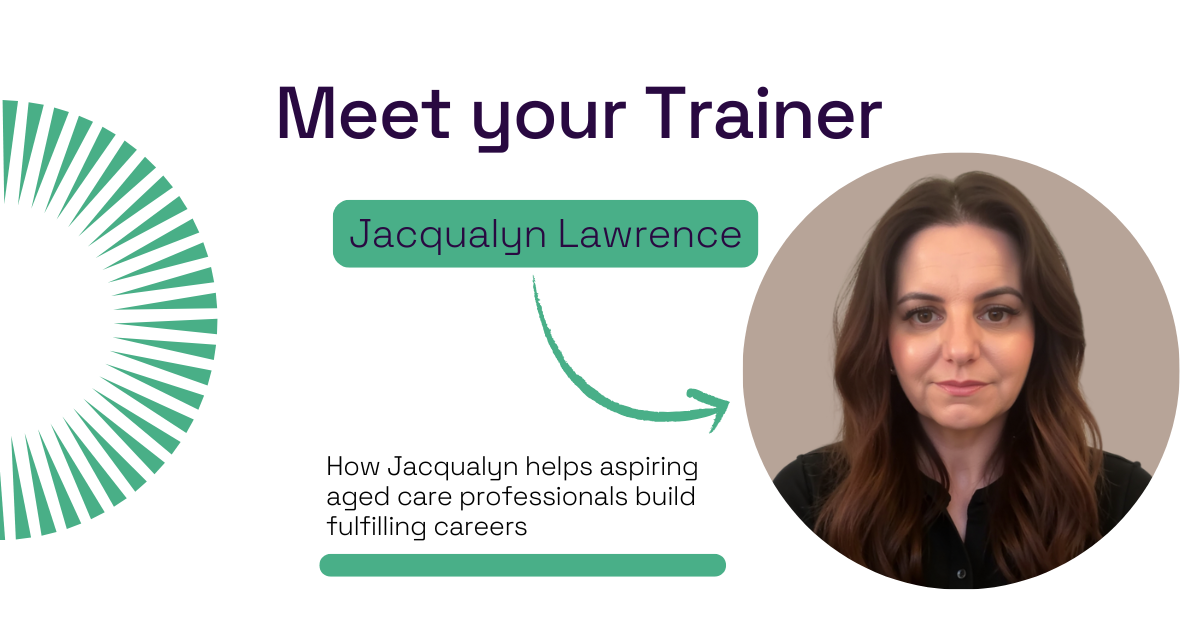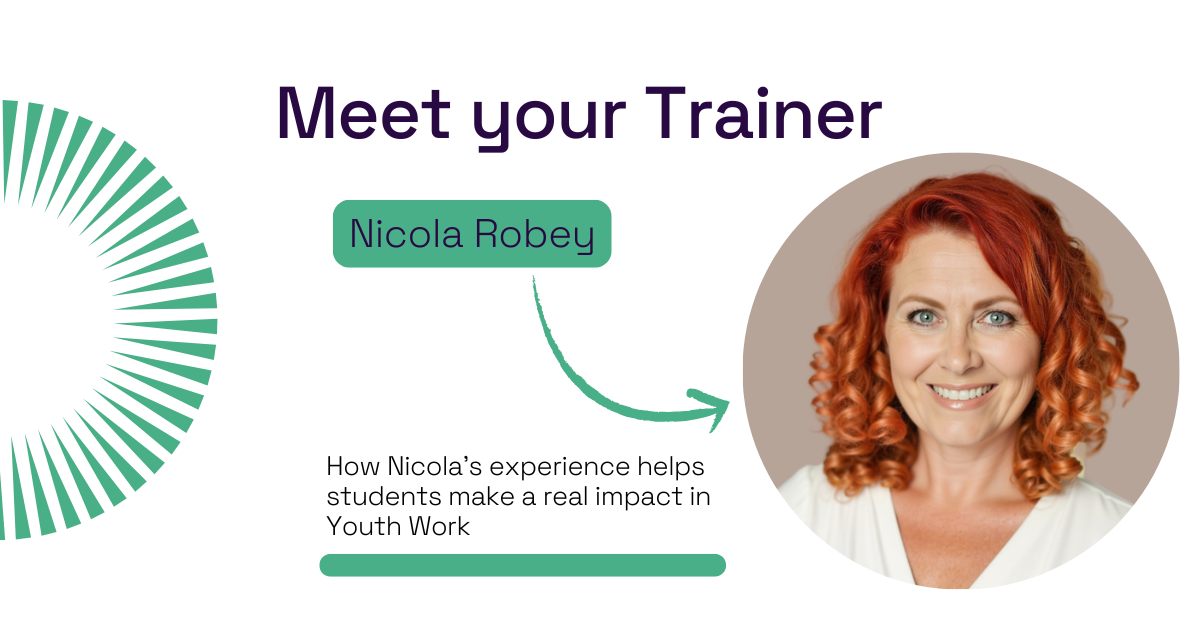Explore our collection of informative and educational blog posts to stay updated on the latest industry trends and expert advice.
What’s the difference between a Counsellor and a Psychologist?

** This is an updated post**
Promoting mental wellbeing and helping people living with mental illness can be extremely rewarding work for the right kind of person. While it does offer its challenges, there are plenty of positive reasons for you to enter this field.
If you’re looking to find a job where you can help others overcome difficulties in their lives, then becoming a Counsellor or a Psychologist could be the right career path for you.
In this blog, we look at the difference between counselling and psychology and answer a few common questions about Counsellors and Psychologists.

What does a Counsellor do?
A Counsellor’s role is to help their clients talk through their personal concerns. In doing this, they can empower their clients to gain a deeper and clearer understanding of their issues, explore different options for getting help and develop coping strategies.
Contrary to popular belief, a Counsellor’s role isn’t to just sit and nod while their client talks about their issues. While a Counsellor’s role does involve listening to what their client has to say, this doesn’t mean they don’t do any talking at all.
Another common misconception is that Counsellors are there to offer up advice to their clients. While this is in part true, the goal of any good Counsellor should be to try and help their clients reach their own conclusions. A big part of counselling is helping the client to develop insight and learn the right kind of skills to resolve their own issues.
How do Counsellors help clients?
Everyone experiences difficulties in their lives. Counsellors help people by encouraging the client to talk through their problems, and offering advice and guidance where necessary on how the client can overcome these difficulties and improve their life.
Counsellors employ a number of different talk-based therapies to help their clients do this. These therapies differ depending on the type of counselling offered and what the client wants to achieve.
Where do Counsellors work?
There are a number of different types of Counsellors. Some Counsellors might focus on helping people with issues like stress, anxiety, depression or grief, while others may focus on substance abuse disorders and helping people overcome addictions. Others may help people with their jobs and career paths.
Counsellors can work in community health centres, schools, commercial organisations or in private practices. They can work with a range of different people in different settings, and can work with children or adults.
So if you’re considering Counselling as a career, it’s good news for you. Because it means that you don’t have to stick to the one career path if you want to branch out and move into a different focus. Counselling is also a growing industry, with demand increasing according to the federal government’s Job Outlook website.
How do I become a Counsellor?
There is no law in Australia that requires people working as Counsellors to obtain formal qualification. However, if you’re looking to start a career in counselling, then having a qualification will give you a huge advantage over other candidates who don’t. Also, when clients are looking to find a Counsellor to work with, one of the first things they will be checking is whether or not that Counsellor is accredited.
Around 35% of people employed as Counsellors in Australia hold a bachelor degree, while approximately 18% hold a VET qualification such as the CHC51015 Diploma of Counselling.
Some people are attracted to the role of Counsellor because they have life experience that can help them to empathise and connect with other people in similar situations. However, this is not to say that you can’t become a Counsellor if you don’t have lived experiences. The most important thing here is that you have the necessary skills and traits – such as good communication skills, compassion, empathy, patience, discretion and a keen eye for observation.

What does a Psychologist do?
When you hear the term ‘Psychologist’ you probably think of Clinical Psychologists. They are experts in the matter of mental health, and diagnose and treat people who may be suffering from mental illness.
They have an expansive knowledge on mental health, and they can diagnose patients who are living with mental illness. However, they cannot usually write prescriptions for their clients.
Part of the role of a Clinical Psychologist is to work with clients to develop a treatment plan that will put them back on the path to a healthy lifestyle where they can effectively manage their mental health. They treat clients who are living with mild, moderate and severe mental health issues.
Sometimes, clients will need to attend sessions over a period of weeks, months or years. For others, treatment may be ongoing depending on the severity and complexity of their mental health issues.
What is clinical psychology?
Clinical psychology provides mental and behavioural health care. This can be for individuals or families.
There are many other types of specialisations within psychology, such as Cognitive Psychologists (who research how the brain processes, learns and uses information), Child Psychologists (who, as you can guess, work with children and their parents or guardians) and Forensic Psychologists (who often work within the legal system).
Do Psychologists only help people living with mental illness?
While many people living with mental illness may seek out a Psychologist to help them cope with their issues, this doesn’t mean Psychologists only take clients who are living with mental illness.
For instance, a Psychologist may also help people who are struggling with grief or stress, and will work with them to help them find ways of effectively coping through difficult periods in their lives.
How do I become a Psychologist?
Becoming a Psychologist means undertaking years of study. Your first step is completing a bachelor degree which is recognised by the Australian Psychology Accreditation Council. After you complete your bachelor degree, you need to go on to complete an honours year or postgraduate diploma. Your final step involves working under supervision as a provisionally registered Psychologist, or going on to complete your masters or doctorate in a specialised field of focus.
If you’re considering studying a bachelor degree at uni, a VET diploma in counselling can help you achieve this. At Open Colleges, we’ve established a range of articulation pathways with some of Australia’s most well-respected universities. If you’re considering studying OC’s Diploma of Counselling online, you could use this course as credit towards the Bachelor of Human Services or the Bachelor of Social Work with Charles Sturt University.
For more information on the CHC51015 Diploma of Counselling and university pathways, click through to the course page.








